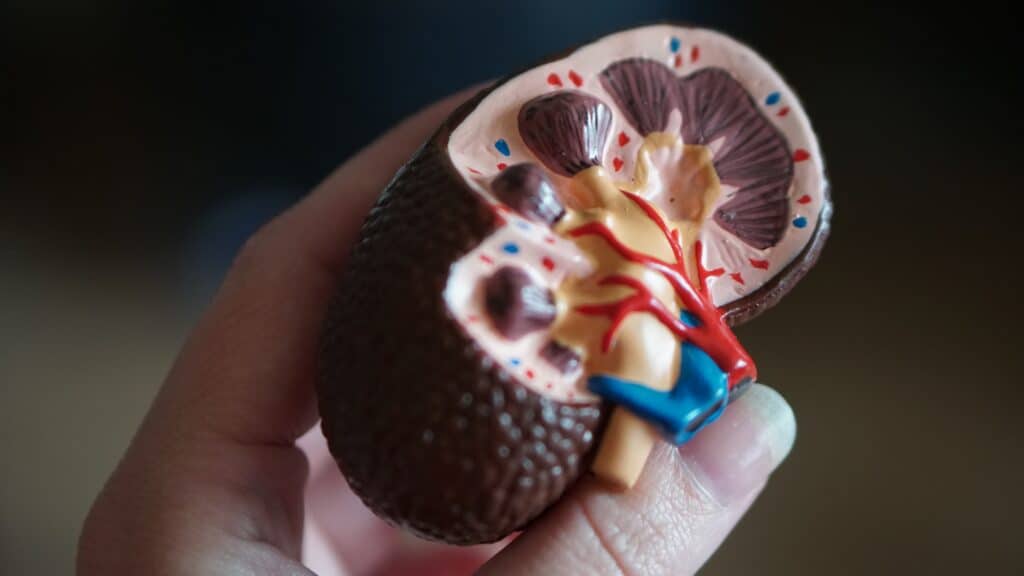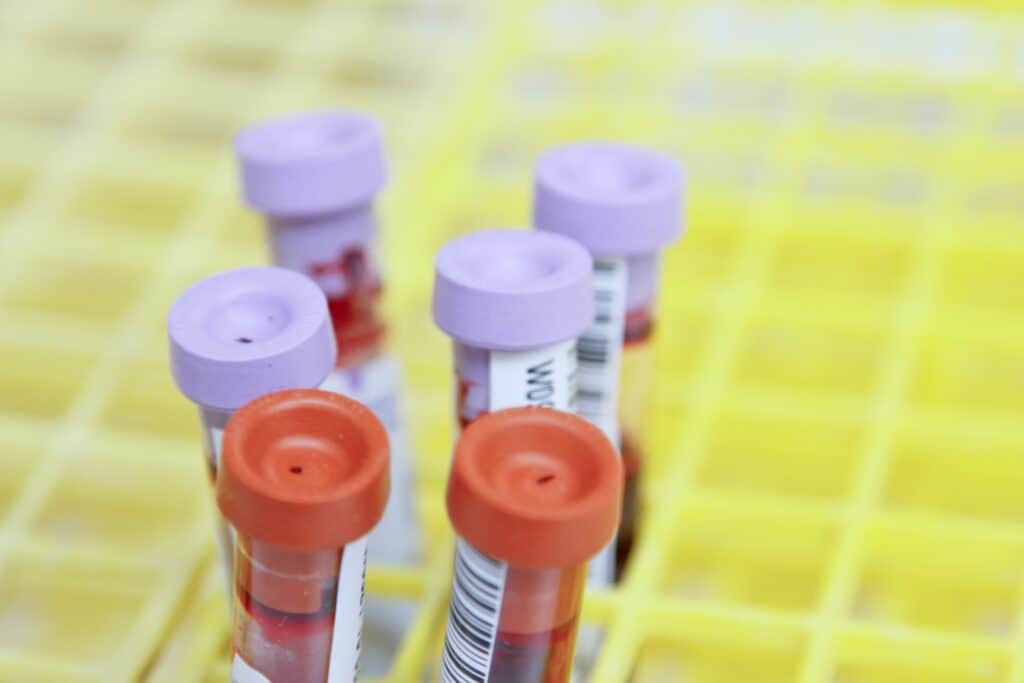What is Diabetes?
Diabetes is a chronic condition that affects the way your body processes glucose, a type of sugar that serves as the main source of energy. When you have diabetes, your body either doesn’t produce enough insulin or can’t effectively use the insulin it produces. Insulin is a hormone that helps regulate blood sugar levels.
Type 1 Diabetes
Type 1 diabetes, also known as insulin-dependent diabetes, is an autoimmune disease. It occurs when the immune system mistakenly attacks and destroys the insulin-producing cells in the pancreas. As a result, the body is unable to produce insulin, a hormone that helps regulate blood sugar levels. People with type 1 diabetes require daily insulin injections or the use of an insulin pump to survive.
- Type 1 diabetes is usually diagnosed in childhood or adolescence, although it can develop at any age.
- The exact cause of type 1 diabetes is unknown, but it is believed to involve a combination of genetic and environmental factors.
- Managing type 1 diabetes involves monitoring blood sugar levels, administering insulin, following a healthy diet, and engaging in regular physical activity.
Type 2 Diabetes
Type 2 diabetes, on the other hand, is a metabolic disorder that occurs when the body becomes resistant to the effects of insulin or doesn’t produce enough insulin to maintain normal blood sugar levels. It is often associated with lifestyle factors such as obesity, poor diet, and lack of physical activity.
- Type 2 diabetes is more common in adults, although it is increasingly being diagnosed in children and adolescents due to the rise in childhood obesity.
- Obesity and a sedentary lifestyle are major risk factors for developing type 2 diabetes.
- Managing type 2 diabetes involves making healthy lifestyle changes, such as losing weight, eating a balanced diet, exercising regularly, and taking prescribed medications if necessary.
Understanding the differences between type 1 and type 2 is crucial for effective management and prevention. While type 1 is an autoimmune disease that requires insulin therapy, type 2 is often preventable and can be managed through lifestyle modifications. By adopting a healthy lifestyle, individuals can reduce their risk of developing type 2 diabetes and improve their overall well-being.
Common Symptoms of Diabetes
- Frequent urination
- Excessive thirst
- Unexplained weight loss
- Increased hunger
- Fatigue
- Blurred vision
If you experience any of these symptoms, it’s important to consult with your healthcare provider for proper diagnosis and treatment.
Diagnosis and Treatment
Diabetes can be diagnosed through various tests, including:
- Fasting plasma glucose test
- Oral glucose tolerance test
- Hemoglobin HbA1C test
The HbA1C test is particularly useful as it provides an average blood sugar level over the past two to three months. This test can help determine if your blood sugar levels are within a healthy range or if further treatment is necessary. Bio-Test Laboratory offers HbA1C testing at all of it’s convenient locations, book an appointment here!
Lifestyle Management after Diagnosis
Once diagnosed, it’s crucial to make certain lifestyle changes to manage your condition effectively. Here are some tips:
- Follow a balanced diet: Focus on consuming whole foods, including fruits, vegetables, lean proteins, and whole grains. Limit your intake of sugary and processed foods.
- Stay physically active: Engage in regular exercise, such as walking, swimming, or cycling, to help control blood sugar levels and maintain a healthy weight.
- Monitor blood sugar levels: Regularly check your blood sugar levels using a glucose meter to ensure they are within the target range set by your healthcare provider.
- Take prescribed medications: If necessary, take insulin or other medications as prescribed by your healthcare provider to help regulate blood sugar levels.
- Manage stress: Find healthy ways to cope with stress, such as practicing mindfulness, deep breathing exercises, or engaging in hobbies you enjoy.
Living Well with Diabetes
Living with diabetes doesn’t mean you have to give up on enjoying life. With proper management, you can still pursue your passions and lead a fulfilling life. Here are some additional tips:
- Stay connected: Join support groups or online communities where you can connect with others who are also living with diabetes. Sharing experiences and tips can be incredibly helpful.
- Educate yourself: Stay informed about the latest research and advancements in diabetes management. Knowledge is power, and it can empower you to make informed decisions about your health.
- Regular check-ups: Schedule regular check-ups with your healthcare provider to monitor your progress and make any necessary adjustments to your treatment plan.
Remember, managing this condition is a lifelong journey, but with the right tools and support, you can live a healthy and fulfilling life.
Living with diabetes requires making certain lifestyle changes, but it doesn’t have to be overwhelming. By following a balanced diet, staying physically active, monitoring your blood sugar levels, and taking prescribed medications, you can effectively manage your condition. Additionally, the HbA1C test can provide valuable insights into your overall blood sugar control. Remember to stay connected, educate yourself, and prioritize regular check-ups with your healthcare provider. With the right approach, you can live well with diabetes and enjoy a fulfilling life.





